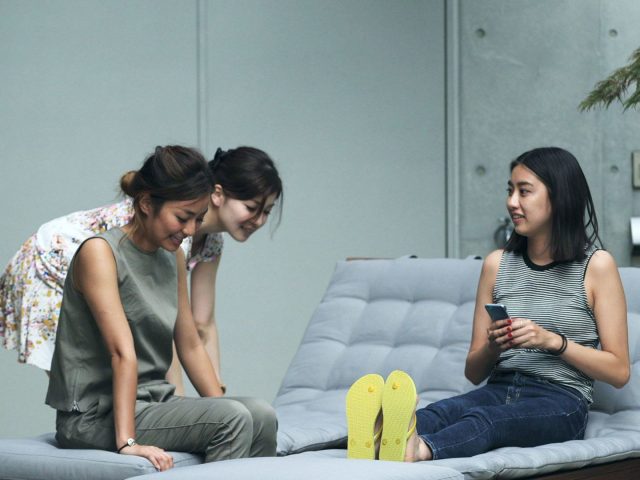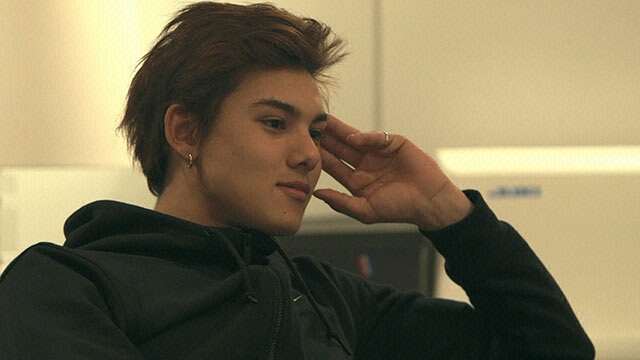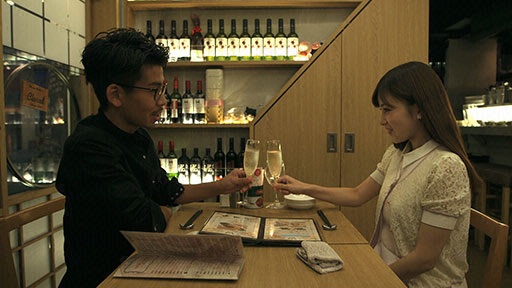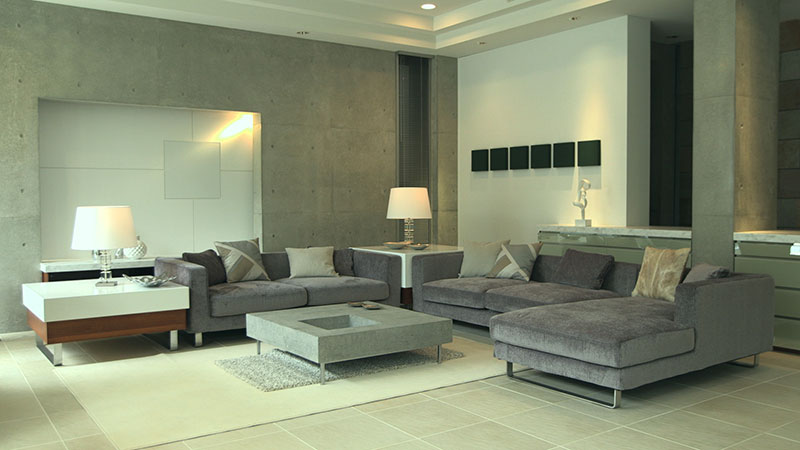Terrace House is a Japanese reality series distributed online by Netflix that has become very popular recently. The concept of the show simple. 6 single strangers (3 men and 3 women) live together in a nice house, living daily life together.
There is a panel of commentators that give play-by-play on things that people do and say in the house – allowing them to speculate on what will happen and give assessments of how they view their character.
One other thing that makes the show unique is the fact that cast members can watch their own episodes as they air, allowing them to see what other members are saying behind the scenes – adding to the drama!
Because the show has no script – it is a great way to hear natural Japanese speech. It has become so popular that some of our students are using it to study everyday normal Japanese! Because of this – we have put together a list of 10 commonly used sentences that appear in the Latest season of Terrace House: Boys and Girls in the City.

そうっすね うん – Soussune Un
Sure
You will hear this phrase the most repeated out of any phrase on Terrace house – it is a way to say yes to things as well as to give positive reinforcement.

ウッチー 言ってないよね? まだ タイプとか –
You haven’t told us yet what your type is.
Talking about a person’s “type” (タイプ) is a common discussion that the Roommates on Terrace House have. Part soap opera – the topic of romantic relationships is one that is on everyone’s mind. New Housemates often join the cast throughout the series as others leave – which leads to this discussion being repeated with new cast members.

ヤ… ヤベえよ XXXXさん 俺 溶けちゃいそうです
Stop it…. XXXX you are going to make me melt!
This is a way to tease someone with hyperbole – it literally means I am melting. But it can be used by a man to tell a woman that she’s so hot that you are going to melt. It is used jokingly by one of the commentators to describe a cast member. We would not advise you to do this. 😀

彼は 今んとこ 女子ウケ すごくいいよね
Kare wa iman toko joshi uke sugoku ii yo ne
He Seems Popular with Girls / He seems popular with women
This phrase is self explanatory – it normally occurs when two guys are discussing their housemate’s ability to talk to other girls in the house. Sizing each other’s prowess with talking to women is a common theme among the male roommates on terrace house.

ここ 座って大丈夫ですか? どうぞ どうぞ
Koko suwatte daijobudesuka? Douzo Douzo
Is it okay if I sit here? – Yes please, go ahead.
There are many awkward interactions between new cast members when they are getting to know each other – which results in cast members often asking one another if they can sit next to them.

ヤバいっすよ この家
Yabaissuyo kono ie
This house is amazing! What a nice house!
Yabai is slang for awesome or amazing in Japanese. If you watch the first episode / any episode where a new cast member joins the house you are likely to see this appear.

誰もいない
Dare mo inai
No one’s here.
Whenever cast mates are alone one on one you are likely to hear this phrase. Normally cast mates are together in the house but often due to mixed working schedules and different situations that appear in the show – two cast members may find themselves alone with each other in the Kitchen or communal areas. Saying this is a way of acknowledging the situation and often to gauge another cast members interest in being alone with them.

うい… うー 寒い
Ui… u ̄ samui
Wow it’s cold.
Commenting on the temperature in the house is something that often happens. And people walking around talking about the temperature of the house is a common occurrence.

えー! めっちゃ近いやん
E ̄ ! Metcha chikaiyan
Wow! You guys are so close!
Commenting on other cast members relationships and their prospects for relationships is a very common topic of conversation between the house mates – therefore you are very likely to hear this sentence when girls are talking to other girls or guys are talking to other guys.

相変わらず 台本は一切ございません
Aikawarazu daihon wa issaigozaimasen
As usual there is no script at all.
In addition to cast members on the show there is also a panel of commentators that watches the show and gives their thoughts on the characters at the beginning and ending of each episode. One of the phrases that you will hear in almost every episode is during this commentary section.